We have discussed a lot about different aspects of fintech in our previous writeups. So in this article, we are going to look at some of the fintechs use cases, so that our readers can understand how this revolutionary technology is changing our present and future.
As you may be aware by now, fintech refers to the usage of innovative technology. This does not only include blockchain but any technology. Blockchain is simply a major driver that is why it gets mentioned a lot.
The most basic cases of fintech include:
- ATMs
- Contactless cards
- Digital cards
- Facial recognition
These are the most basic uses of technology in the finance sector. Let us now look at some of the other use cases that are creating a big impact on the market.
Table of Contents
Digital Advisor | Fintechs Use Cases
Machine learning and AI are being used to create digital advisors and finance coaches, to help people manage their personal finance in a better manner. It has been seen that one of the main reasons why people go through credit score deterioration is the lack of good personal financial management skills.
There are companies that have come up with digital assistants that can use the data for the clients’ savings, investments, income and expenditure, analyse it and then help the users manage their finance in a better manner.
These digital assistants, not only nudge and guide the user to make the right financial decisions, but they also send timely reminders so that the users do not miss any payment. Such digital advisors can be created using NLP, which is a machine learning model that processes human language.
Digital advisors are a part of the customer-centric focus that the fintech industry has recently taken. The focus of the industry in the last few years was increasingly on the back end development of fintech applications. However, recently the shift has been on customer-centred applications because data suggests that people are responding positively to the fintech applications in the market but there is a clear need to improve on the user interface and customer focus.
The digital advisors are thus a way to make sure that the customers or the end-users of fintech, get to interact with the technology in a smooth manner.
Chatbots | Fintechs Use Cases
In one of the previous articles, we discussed how chatbots were developed initially for college or university seekers. The success of the early chatbots led to the creation of more specialized chatbots that are not employed or rather deployed by financial institutions such as big banks, to help their customers navigate through their banking details.
Bank of America for instance uses a chatbot named Erica, to help clients navigate through their financial data. Erica can be used to carry out a quick search and find, thus saving the clients the time and effort of searching through their financial history.
If for instance, a client of BoA wants to find a particular set of transactions from the last ten years, the client can simply ask Erica to look for those particular transactions and Erica will pull the details up. The bot can also be used to find out total balance, debits and credits.
Creditworthiness Assessment | Fintechs Use Cases
The process of assessing the creditworthiness of individuals is one that has always been riddled with subjectivity. Who decides what is the creditworthiness of an individual? The three credit bureaus in the USA keep a record of the credit transactions of every individual in the USA and this is then compiled in the form of a credit report.
This credit report is then used by financial institutions and lenders to assess the creditworthiness of an individual. Lenders can use AI to automatically assess the risk associated with an individual and then based on the risk assessment, the AI can automatically offer the relevant financial products and services to the applicants.
Some of the leading online lenders are using AI to make sure that their lending system is completely transparent. Platforms like OnDeck and PayPal use AI from the starting point of their application to the end. Once the applicant submits the requisite documents, the algorithm determines the creditworthiness of the individual and then offers the relevant products and terms to the applicant.
The applicant then chooses the offer and the loan is underwritten. Using this technology, lending sites have been able to not only speed up their processing time but also reduce costs and improve the customer experience.
Asset Registration | Fintechs Use Cases
What is the first problem that comes to your mind when you go to buy a car or a house? Is it legit? Is the car registered? Is the tax paid? Is the house registered? These are some of the common questions that every buyer goes through.
The same goes for works of art. How can you be sure that the work of art you are buying is genuine? What if someone sells you a Picasso replica?
It is easy to fake registration documents of a car or a house and even easier to create a replica of any famous work of art.
This is where blockchain comes in. Recently a blockchain startup called Proxeus introduced a way to register classic cars on the blockchain. What this means is that if you register your car on the blockchain, the registration details become immutable. They can neither be deleted nor changed. Furthermore, that information becomes public knowledge and thus can be analysed by anyone. This will end fraud and create more transparency in the buying and selling of high-value assets in the future. Proxeus has started with luxury cars but as blockchain moves towards mass adoption, this will become the norm.
Similarly, Codex Protocol is a startup that has launched a way to register classic works of art, so that the buyer knows that they are buying a genuine work of art and not a cheap replica.
Apart from the use cases discussed above, there are plenty of other use cases that are testing the uncharted territory of fintech. This is a new horizon for humanity, one that holds many promises and immense potential. We are testing it and learning how it can help change our society for the better.
What do you feel about all this?
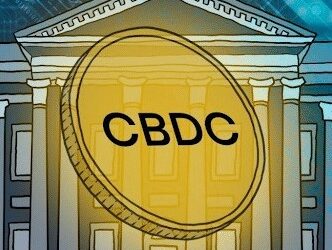

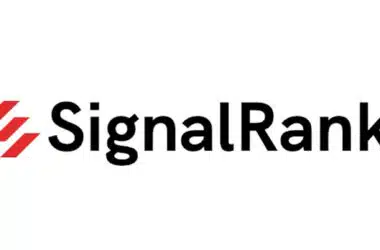




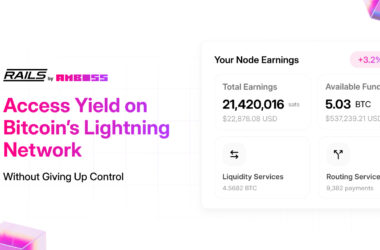
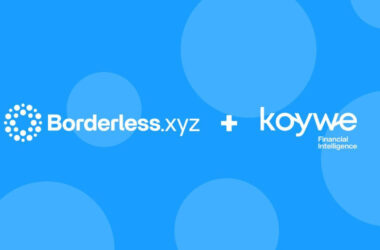

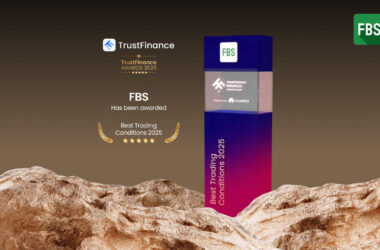





Recent Comments